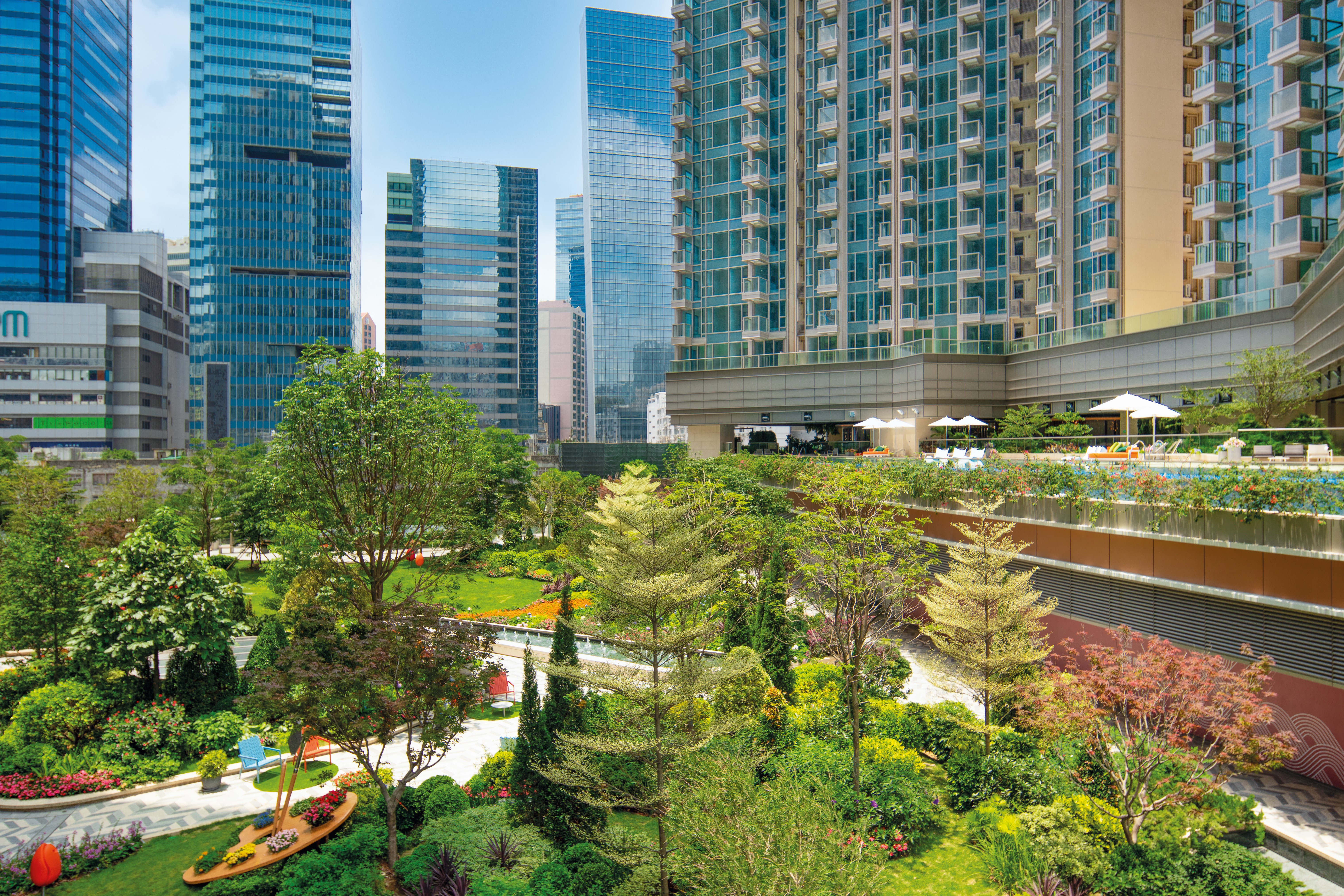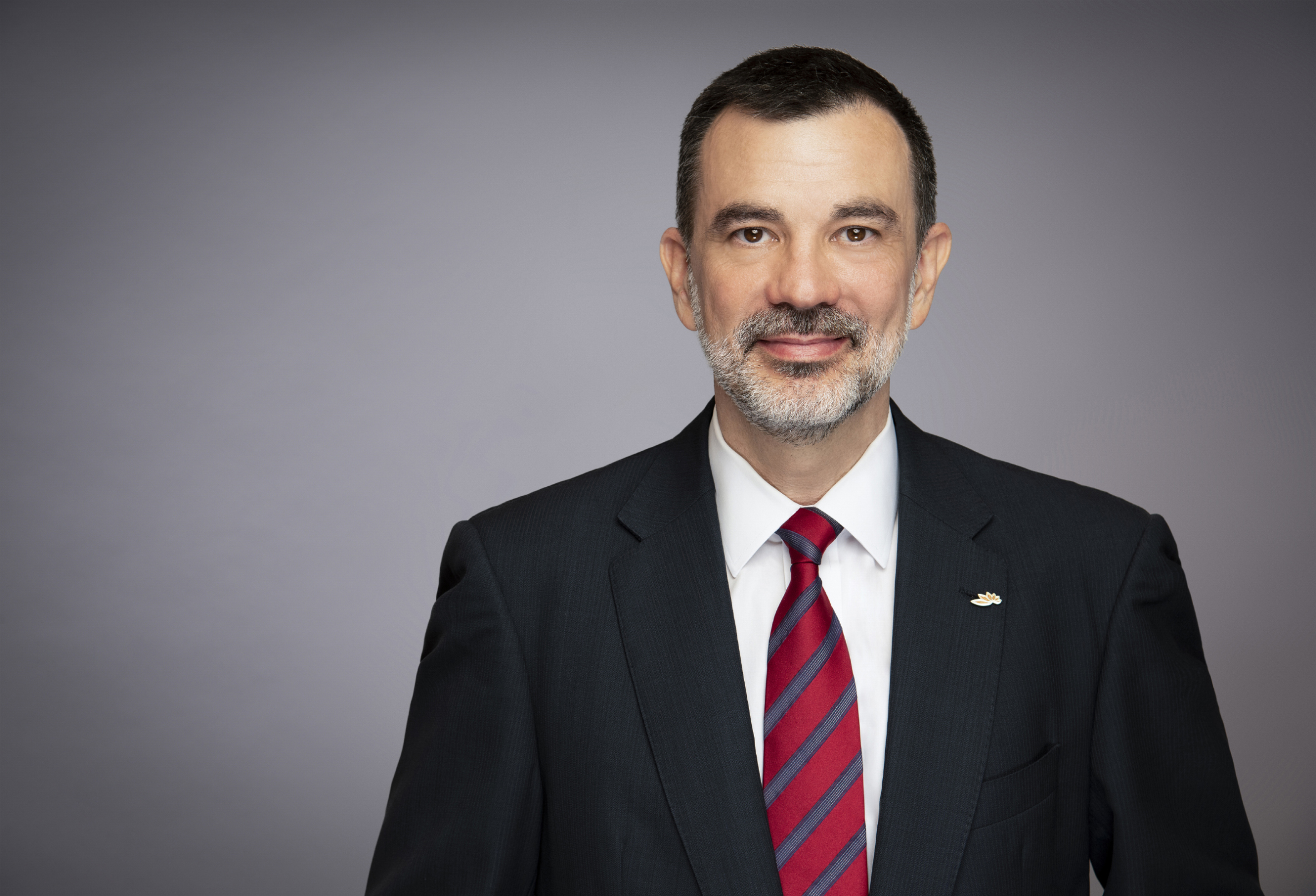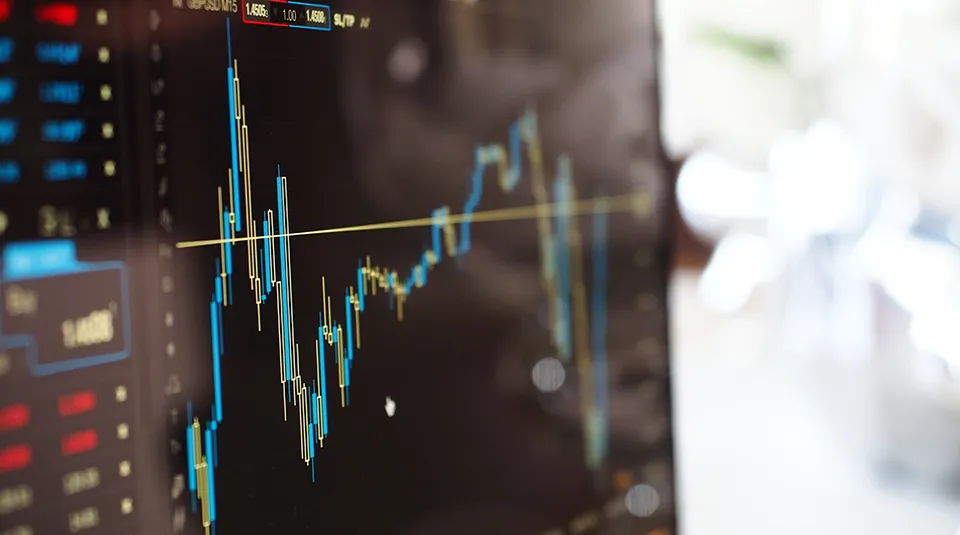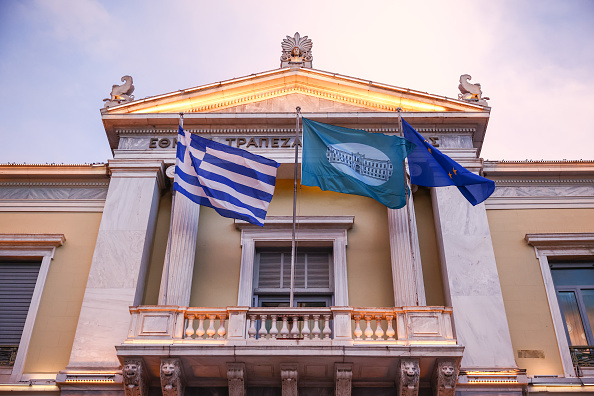Hong Kong property developer Sino Group not only embraces sustainability at the core of its business model, it is also at the forefront of driving the green and sustainable agenda in Asia’s real estate industry. In an exclusive interview, Mr Daryl Ng, deputy chairman, Sino Group, explains the importance of sustainability to the company and how the company is demonstrating this.
Q: Sustainability is a strategically important area for Sino Group, as evidenced in the company’s vision of Creating Better Lifescapes, and its Sustainability Vision 2030 initiative. What is the company aiming to achieve in pursuing this vision and initiative, and how do they complement each other?
Daryl Ng: Sustainability is integral to our business. We seek to build a more sustainable built environment through architectural planning, green property management (including waste reduction initiatives, energy saving and indoor air quality), education, and exploring green innovations.
We established the Sustainability Committee in 2010, and restructured it into the ESG Steering Committee in 2020. The restructure aptly reflects the growing importance of ESG. In the same year, Sino Group also unveiled its Sustainability Vision 2030 (SV2030), which is our blueprint charting our sustainability course towards 2030 and beyond.
This entails the group’s vision across crucial areas such as decarbonisation, renewable energy, plastic reduction, green building certification and innovative solutions, all of which contribute to a more sustainable future.
Sustainability is integral to our business. We seek to build a more sustainable built environment through architectural planning, green property management (including waste reduction initiatives, energy saving and indoor air quality), education, and exploring green innovations
Daryl Ng, deputy chairman, Sino Group

Sino Land, one of the listed companies of Sino Group, signed up in 2021 as a supporter of the Task Force on Climate-related Financial Disclosures (TCFD), making us one of the first five real estate developers in Hong Kong to support TCFD. In line with our pledge, we published climate-related financial disclosures with reference to the recommendations of the TCFD under the four core categories of governance, strategy, risk management, and metrics, and targets in the Sino Land Sustainability Report 2021. We are also one of the first to develop a climate risk assessment tool for ESG and climate risk in collaboration with our consultant; the tool covers both existing and new buildings.
In addition, we signed up last year to support Business Ambition for 1.5ºC, becoming one of the five Asian real estate developers to join this global call-to-action to limit temperature rise to 1.5ºC. This entails collaboration with the Hong Kong University of Science and Technology to set science-based targets and develop a holistic roadmap towards net zero carbon by 2050.
Aligning with the vision of Creating Better Lifescapes, the Group has also set sustainability goals, and works on the three interconnected pillars of Green Living, Innovative Design and Community Spirit.
Green Living has a focus on important areas including decarbonisation, climate resilience, energy consumption and efficiency, material use, waste reduction and management. Innovative Design focuses on sustainable building design and innovation, and Community Spirit emphasises heritage, culture and community services.
Q: In addition to SV2030, Sino Group also implemented its Green Finance Framework. What exactly is this framework and how does it work and complement SV2030?
Daryl Ng: In 2018, Sino Land unveiled its first Green Finance Framework, which covers its affiliates and subsidiaries, to guide the financing of sustainable building developments and enhancements that will deliver environmental benefits in line with its sustainability efforts.
The SV2030 are in line with the United Nations Sustainable Development Goals and sets clear directions in embracing sustainability across the Group’s three strategic pillars – Green Living, Innovative Design and Community Spirit. The Green Finance Framework complements SV2030 as fund has been allocated for implementing sustainability features for our projects.

Q: Under the framework, Sino Group raised a HK$2 billion green loan in 2018, and more recently – through its subsidiary Kingdom Investment Limited – converted a five-year HK$1 billion loan to a sustainability-linked loan. How do these financings work in practice and what are the proceeds to be used for specifically?
Daryl Ng: The HK$2 billion Sino Land Green Loan was the first green loan raised by Sino Land under the framework. The fund has been allocated to St. George’s Mansions, the group’s residential project at 24A Kadoorie Avenue, Kowloon, for implementing sustainability elements in the project.
Some of the sustainability elements include: ensuring greenery spanning more than 24% of the total site area; insulated glass units to reduce heat gain and heat loss to improve thermal efficiency; large balconies in all units to ensure fresh air in habitable space; and electric vehicle charging facilities in car parks and indoor air quality sensors in the clubhouse.
In April 2021, we converted an existing HK$1b five-year term loan into a sustainability-linked loan. Under the terms of the loan, Sino Land will receive interest savings on the loan, should the company achieve the sustainability performance target mutually agreed with the bank.
The sustainability targets are aligned with the group’s SV2030, including decarbonisation, and the generation of renewable energy, reduced consumption of single-use plastics, green building certification for all new buildings in Hong Kong, and initiatives to improve the well-being of the less-resourced.
Q: More generally, what is your assessment of the green and sustainable finance market in the region? For instance, what are some of the challenges in the market, and what changes would you like to see to support its growth and development?
Daryl Ng: Governments and businesses are working together on the transition to a low-carbon economy and factoring in climate-related risks in business strategies and investment processes.
Hong Kong is already one of the major green finance hubs globally, thanks to a strong presence of finance and legal professionals, global institutional investors and asset managers committed to green and sustainability.
Green finance has been gaining traction in recent years. Looking ahead, we trust that green and sustainable bonds will continue to be the key growth driver.





